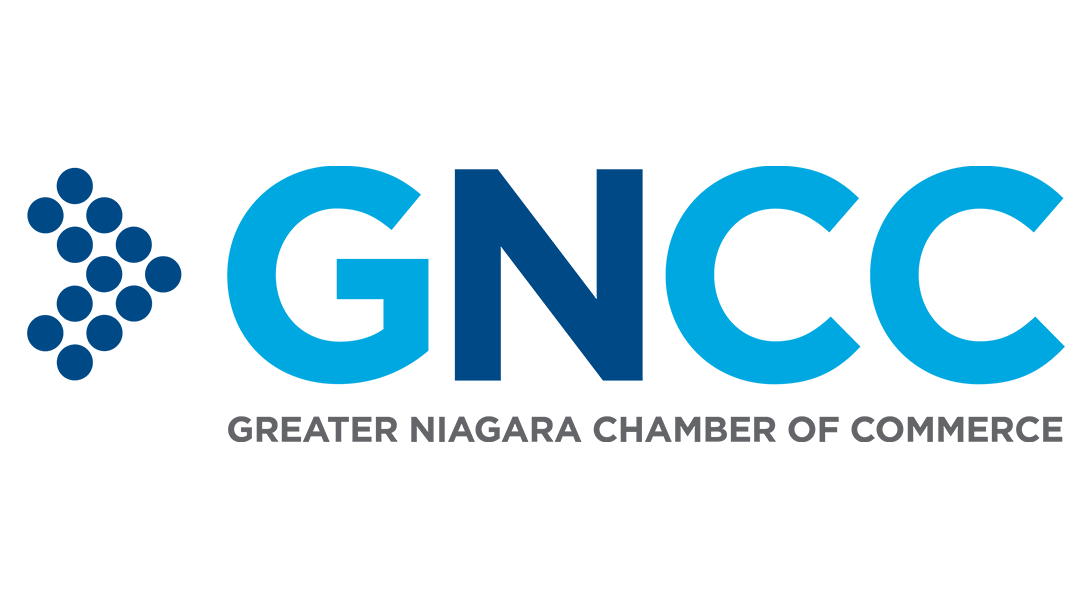In response to the COVID-19 crisis, governments have announced a wide range of support programs aimed at supplementing the social safety net and offering government funds to those who would not normally be able to claim them. With almost everybody now eligible for some kind of income replacement if they have lost an income, many are asking why these programs should not be simplified into a single program: instead of offering many programs to almost everybody, offer one program to everybody. In short, a universal basic income, a basic income guarantee, a demogrant, or any of the other terms such programs go by.
There are two key questions regarding such a universal program: how much would the grant be, and how long would it be given for? Current programs have an expiry date, and while these may need to be extended depending upon the economic situation as their expiration draws near, it has been made clear that CERB, CESB, and so forth will not be permanent. A basic income might not necessarily be permanent either.
Administering current programs comes at a cost, both in resources from the government (which will, ultimately, be borne by the taxpayers) and in the speed of their deployment. The latter has affected both the smoothness of the rolling-out process and, at least anecdotally, has led to instances of fraud, as the government has adopted a “pay now, audit later” policy out of sheer economic necessity. Those who need these programs cannot wait for the ship of state to be turned around.
A universal program would also have costs, which chiefly come from extending programs to those who are not currently qualified, including those who do not need it (those still working and earning more than a living wage, for example). Making the CERB program universal and permanent would probably come close to doubling the size of the federal budget. Those costs would have to be met, in the end, with substantial tax increases.
The GNCC is of the opinion that a universal basic income is an idea worth exploring, but that there is insufficient data to say whether such a program would be economically beneficial or would be useful to the business community that the GNCC represents.
The GNCC suggests that the government explore the concept of universal basic income and commission an independent report that studies the benefits, costs, and impacts of several models. Once this information is available, we, as a society, will be able to make an informed decision.



